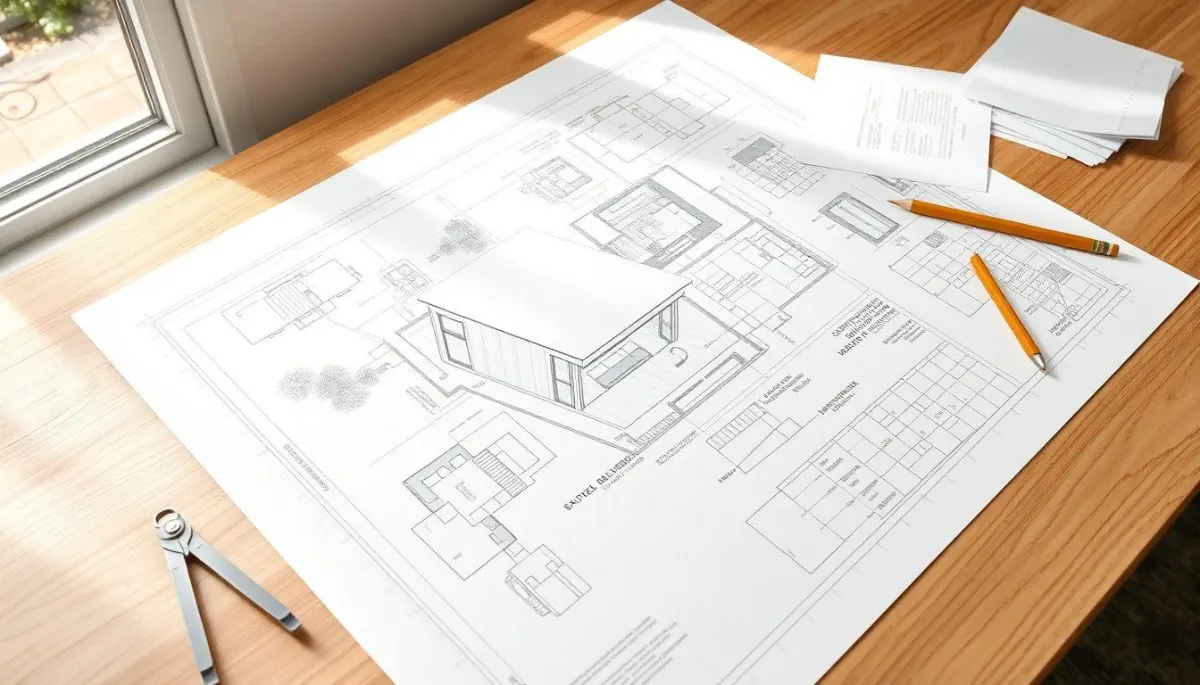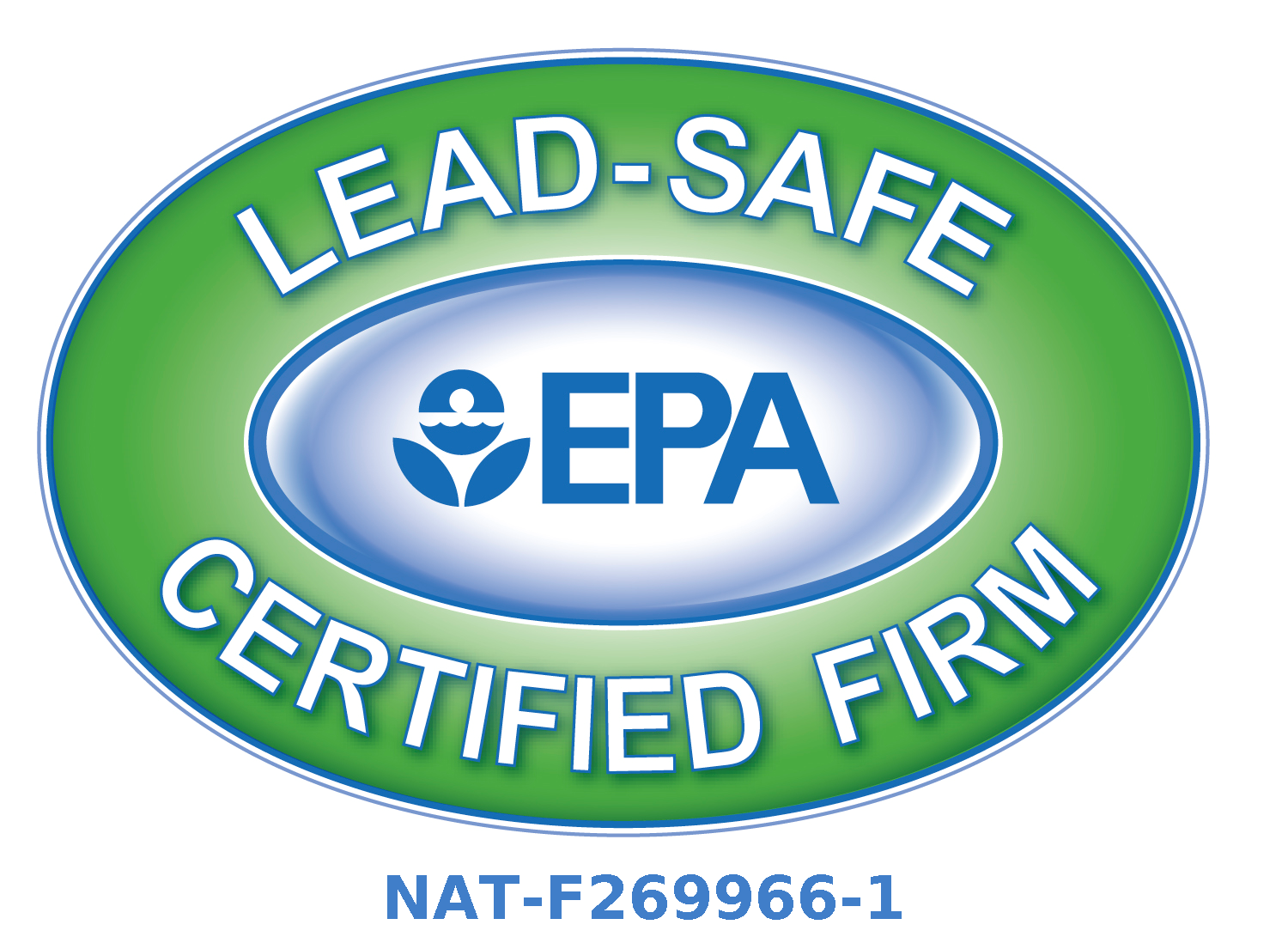Knowledge Center: Your Go-To Resource for ADUs and Tiny Living
Knowledge Center: Your Go-To Resource for ADUs and Tiny Living
Email [email protected]
Phone 860-TINY-HOM (es)

What is the process for getting an ADU approved?
Embarking on the journey to build an ADU can be both exciting and daunting. Understanding the intricacies of the approval process is crucial for a successful project outcome. From navigating local zoning regulations to securing permits and approvals, each step plays a vital role in transforming your ADU vision into a reality.
Let's explore the essential aspects of getting an ADU approved, offering insights into the complexities involved and guiding you through the necessary steps to navigate this process effectively.
Researching Local Zoning Regulations and Restrictions
Zoning Laws and ADU Regulations
Before embarking on your ADU project, it's crucial to research and understand the zoning laws and regulations applicable to your property. Zoning ordinances may dictate the size, location, and design of ADUs, as well as any specific requirements that must be met.
Specific Requirements in Your Area
Each locality may have specific requirements for ADUs, such as minimum lot size, setbacks from property lines, parking provisions, and design standards. Make sure to check with your local planning and zoning department to ensure compliance with all regulations.
Designing and Planning Your ADU Project
Choosing the Right ADU Type
When designing your ADU, consider whether an attached, detached, or a converted ADU best suits your property and needs. Each type has its own advantages and limitations, so choose the one that aligns with your goals and budget.
Creating a Detailed Design and Layout
Work with an architect or designer to create a detailed plan for your ADU, including layout, interior design, and amenities. Consider factors like natural light, ventilation, privacy, and accessibility to ensure a functional and comfortable living space.
Securing Necessary Permits and Approvals
Understanding Permit Requirements
Obtaining permits for your ADU project is essential to ensure compliance with building codes and regulations. Permit requirements may include structural, electrical, plumbing, and zoning approvals, so it's crucial to understand the specific requirements for your area.
Navigating the Approval Process
Navigating the approval process for ADUs can be complex, involving multiple stages of review and inspection. Be prepared to submit detailed plans, pay permit fees, and potentially attend hearings or meetings with zoning officials. Working closely with your local planning and zoning department can help streamline the approval process.
Working with Contractors and Professionals
Hiring Qualified Contractors
When it comes to getting your accessory dwelling unit approved, having the right team of contractors is crucial. Look for contractors with experience in building ADUs and a solid reputation. Get multiple quotes and don't be afraid to ask for references. Remember, you want someone who can bring your ADU dreams to life and handle every step in a streamlined, professional manner. Contemporary Tiny Homes will absolutely take care of every aspect for you, so you can sit back and relax as your dream tiny home gets built and finalized.
Collaborating with Architects and Engineers
Architects and engineers turn your vision into a blueprint reality. Work closely with them to ensure that your ADU meets all the necessary regulations and requirements. Communication is key; make sure everyone is on the same page to avoid any surprises down the road.
Addressing Environmental and Safety Concerns
Ensuring Energy Efficiency
In a world that's increasingly conscious of its carbon footprint, why not make your ADU eco-friendly? Consider energy-efficient appliances, good insulation, and maybe even solar panels. Not only will you be doing your bit for the planet, but you might also save some cash on those energy bills.
Meeting Safety Standards
Safety first, folks! Make sure your ADU meets all safety standards and regulations. This includes fire safety, electrical safety, and structural integrity. Don't cut corners when it comes to safety - it's not worth the risk.
Final Inspections and Compliance Checks
Scheduling Inspections
The final hurdle in getting your ADU approved is the inspections. This is where officials come to make sure everything is up to scratch. Schedule these inspections in advance and make sure everything is in tip-top shape. A little preparation can go a long way in speeding up the approval process.
Ensuring Compliance with Building Codes
Make sure your ADU complies with all the necessary building codes in your area. This includes everything from the height of your ceilings to the width of your doorways. It may sound tedious, but it's essential for getting that final stamp of approval.
In conclusion, the process of getting an ADU approved requires careful planning, adherence to regulations, and collaboration with professionals. By staying informed, following the necessary steps, and ensuring compliance with local requirements, you can successfully navigate the approval process and bring your ADU project to fruition. With persistence and attention to detail, your ADU can not only enhance your property but also provide valuable living space or rental income.
FAQ
How long does the approval process typically take?
When considering building an ADU, it is important to check with your local zoning regulations to determine if there are specific size limitations in place. These limitations can vary depending on the area and may impact the design and layout of your ADU.
Do I need to notify my neighbors about my ADU project?
While it may not be required by law to notify your neighbors about your ADU project, it is always a good idea to maintain open communication with them. Keeping your neighbors informed can help prevent any potential conflicts or misunderstandings and foster a positive relationship within the community.

Copyright 2026. All rights reserved. Norwalk, CT
Connecticut's New Home Construction Contractor License: #NHC.0017654
EPA Lead-Safe Certified NAT-F269966-1



